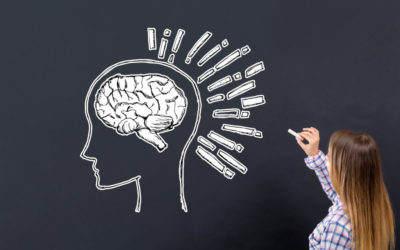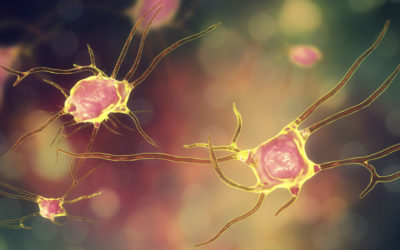
I’ve reported multiple times on sleep and how it affects just about everything form cognitive performance, to brain plasticity, to physical performance, to mental health, and to metabolism.
The question that remains open is, however, how much sleep is ideal? The old advice of eight hours is pretty close to the truth, but it also changes over lifetimes. We all know that babies need a lot more sleep, for example. Teenagers also seem to sleep a lot.
Research into pre-industrial societies showed, what was surprising at the time, that they don’t sleep as much as many had thought, normally between six and eight hours a night on average.
In comes this recent study out of the University of Cambridge. They analysed data from almost 500,000 people between the ages of 38 and 73. These were asked about their sleep patterns, mental health, and wellbeing, and also took cognitive tests. There was brain imaging and genetic data available for about 40,000 of these participants. That’s a pretty impressive dataset!
We have known for a long time that too little sleep impedes cognitive performance and can lead to multiple negative health impacts. However, what was surprising about this data is that it showed that too little or too much sleep had similar impacts. That is, reduced cognitive performance, more anxiety, increased symptoms of depression, and worse wellbeing overall. They also found links to the size of brain areas associated with cognitive performance
What was the ideal amount of sleep? It was seven hours sleep.
However, the researchers also noted that consistency was key – firstly in getting a solid seven hours rather than an interrupted seven hours, and this being consistent from night to night.
I was also relieved to read the above having independently found that 7 hours 15 minutes is my optimal sleep duration and have managed to stick to this consistently in recent years. However, I am trying to catch up on a few decades of sleep abuse also!
Reference:
Yuzhu Li, Barbara J. Sahakian, Jujiao Kang, Christelle Langley, Wei Zhang, Chao Xie, Shitong Xiang, Jintai Yu, Wei Cheng, Jianfeng Feng.
The brain structure and genetic mechanisms underlying the nonlinear association between sleep duration, cognition and mental health.
Nature Aging, 2022
DOI: 10.1038/s43587-022-00210-2
More Quick Hits
Correcting Others Improves Group Learning
Some interesting and counter-intuitive insights into effective group learning…
Air Pollution In Childhood Changes Brain Structure
Recent research has shown some worrying impacts of pollution on the brain…
Think Like a Kid to Learn Better?
Think like a kid may sound like a good piece of advice – but with some interesting twists…
Those Who Distrust Humans, Trust AI
We probably all know someone who is extremely distrustful of fellow human beings…
Watching TV With Your Child Can Help Cognitive Development
This is another study to show that there is no quick and easy answer to the question of screen time and children…
How Fear Gets Stuck in (Some) Brains
Fear is an important human emotion and essential to survival so not to be underestimated…
Your Brain Switches Between Remembering and Learning
Learning and memory are key functions of the brain and ones that attract a lot of attention and research…
How Daily Rhythms Help Your Brain Grow After Injury
Always nice to know that you brain can grow – and it is still met with surprise when I explain how this can happen…
The Seven Habits to Reduce Dementia
We would all like to age well remaining cognitively active into older and old age. I have reported multiple times…
Mind Over Matter – Regaining Movement
This is the type of study and insight I like. Kind of amazingly simple but effective










